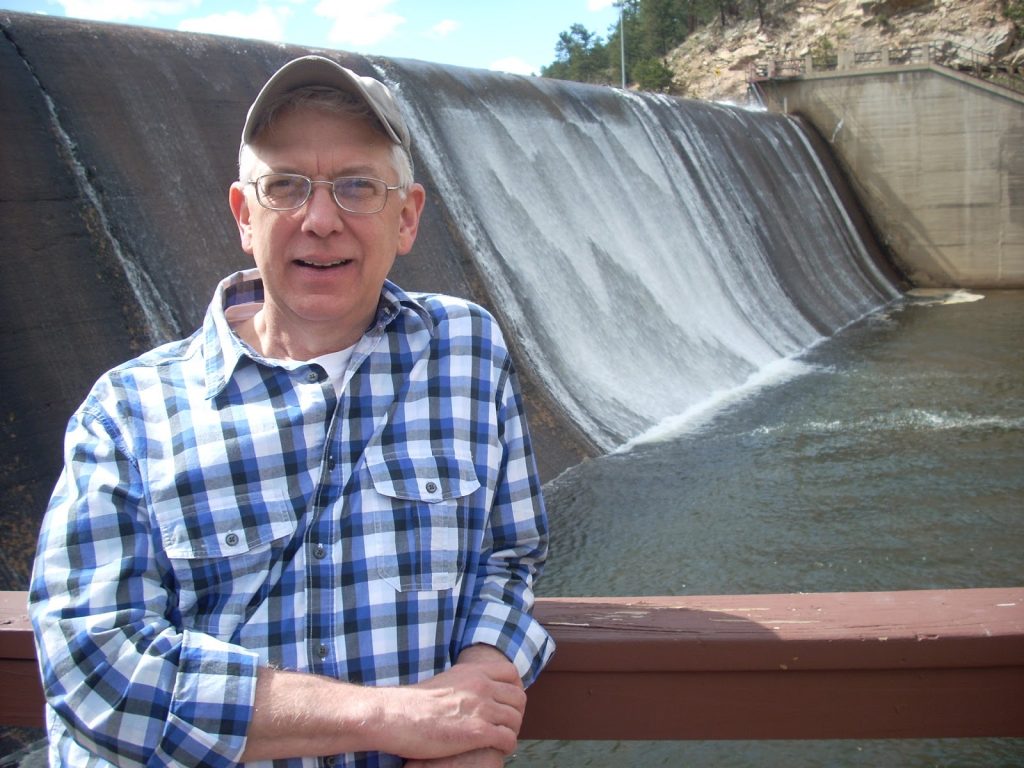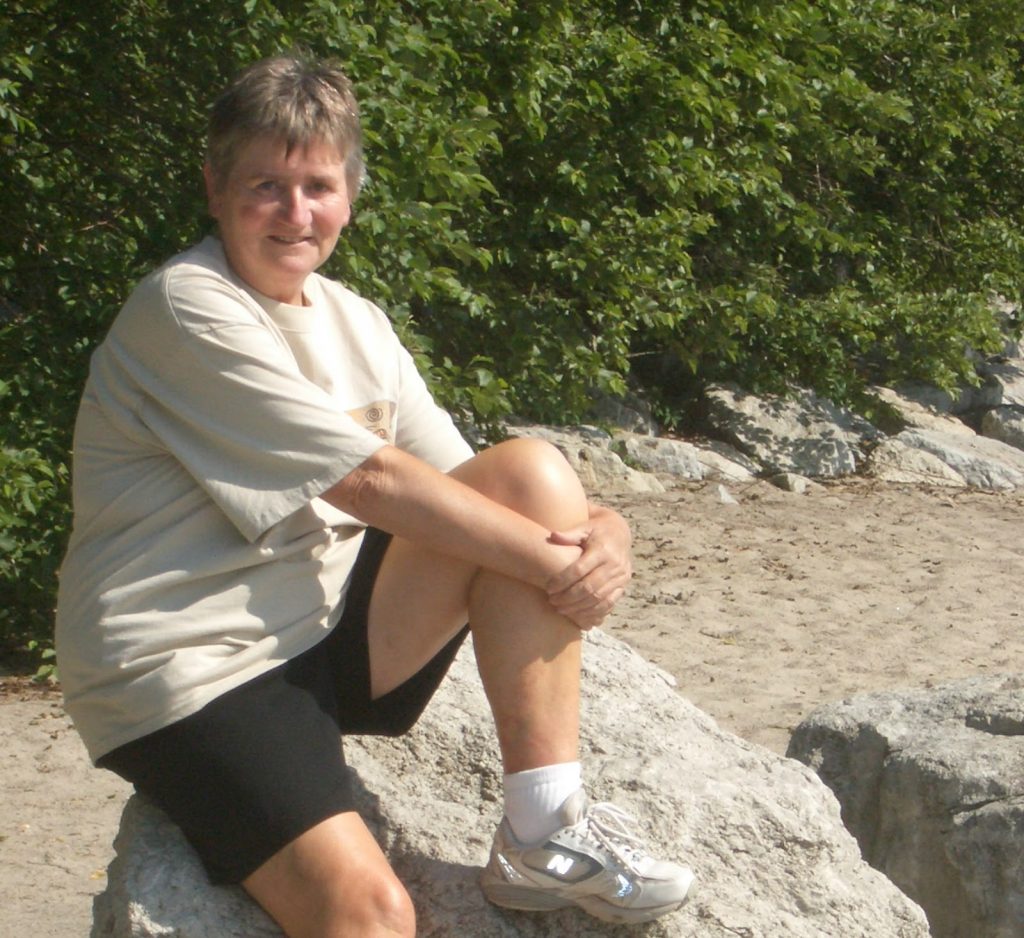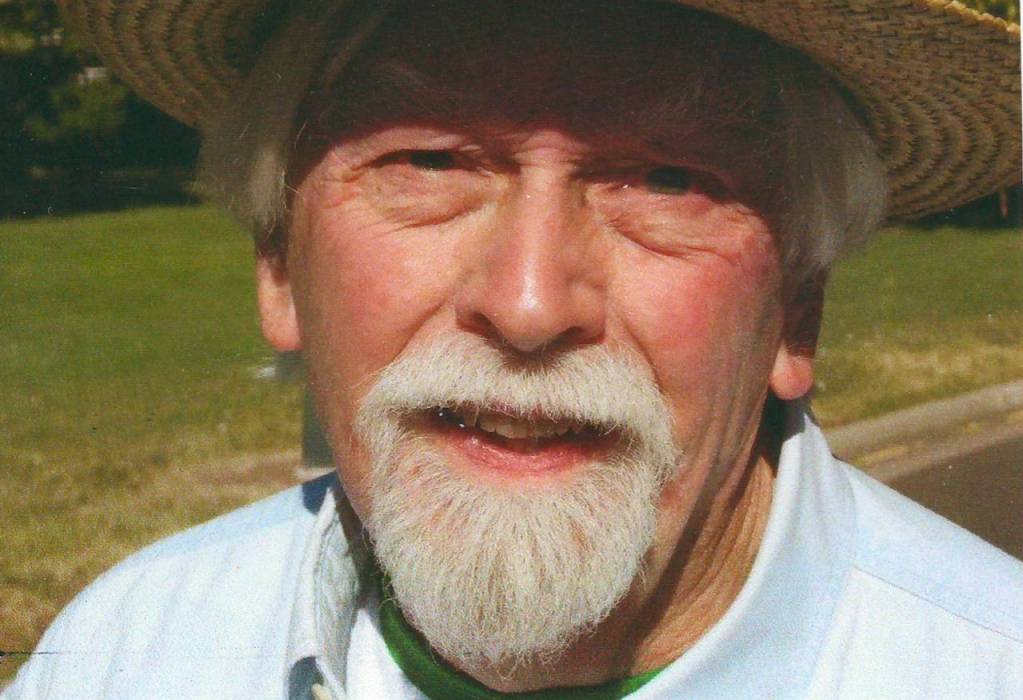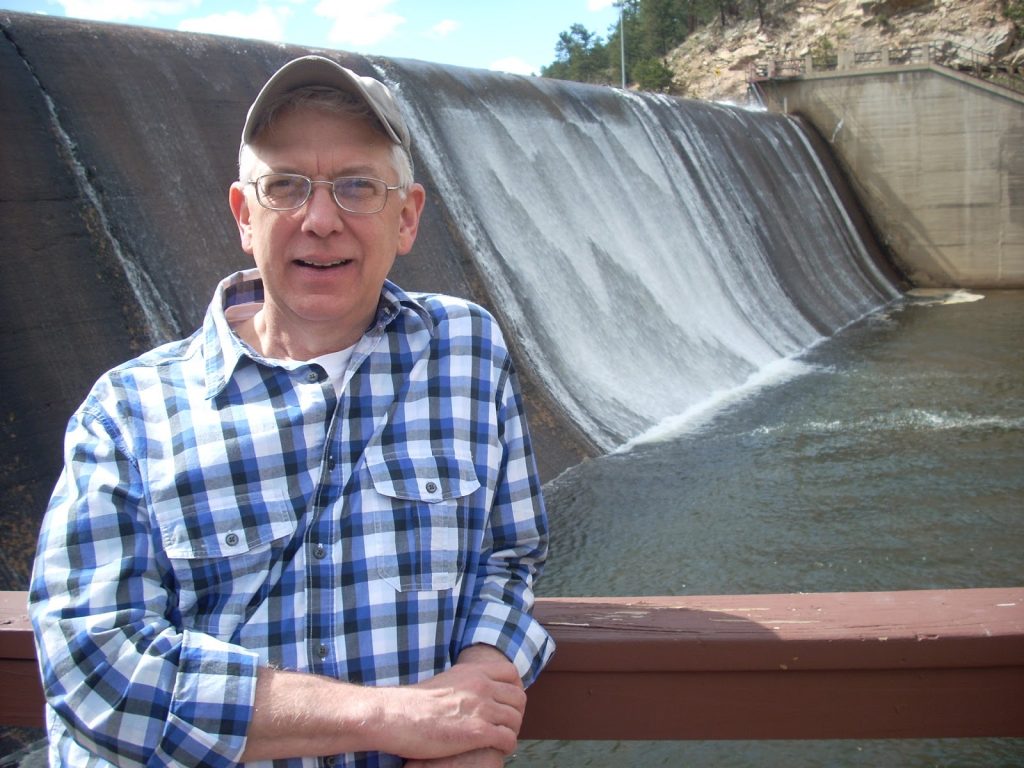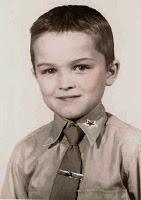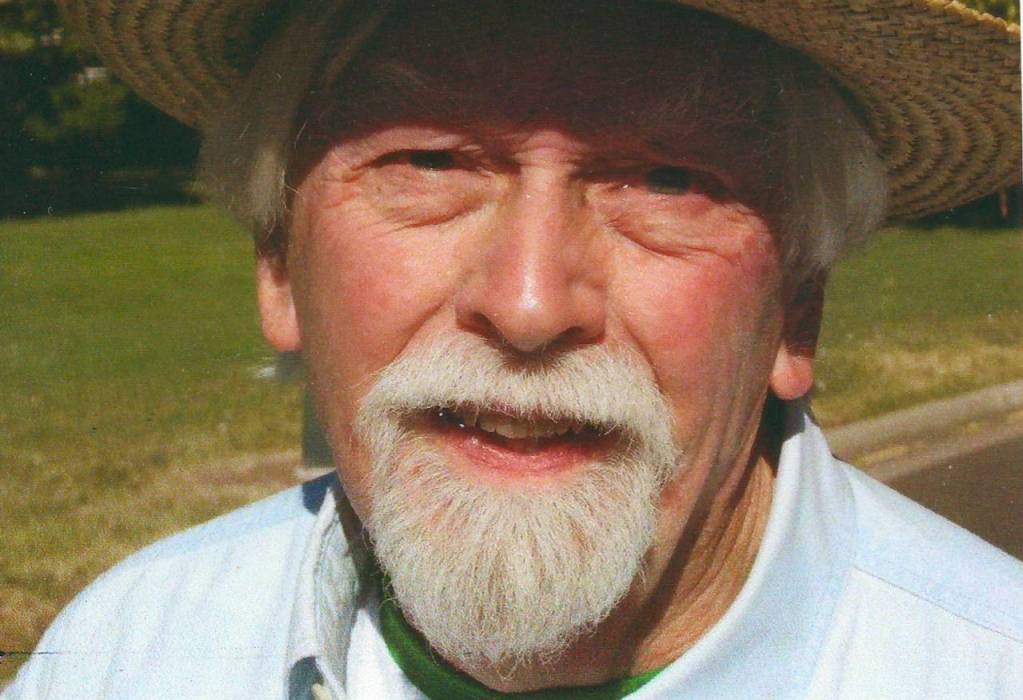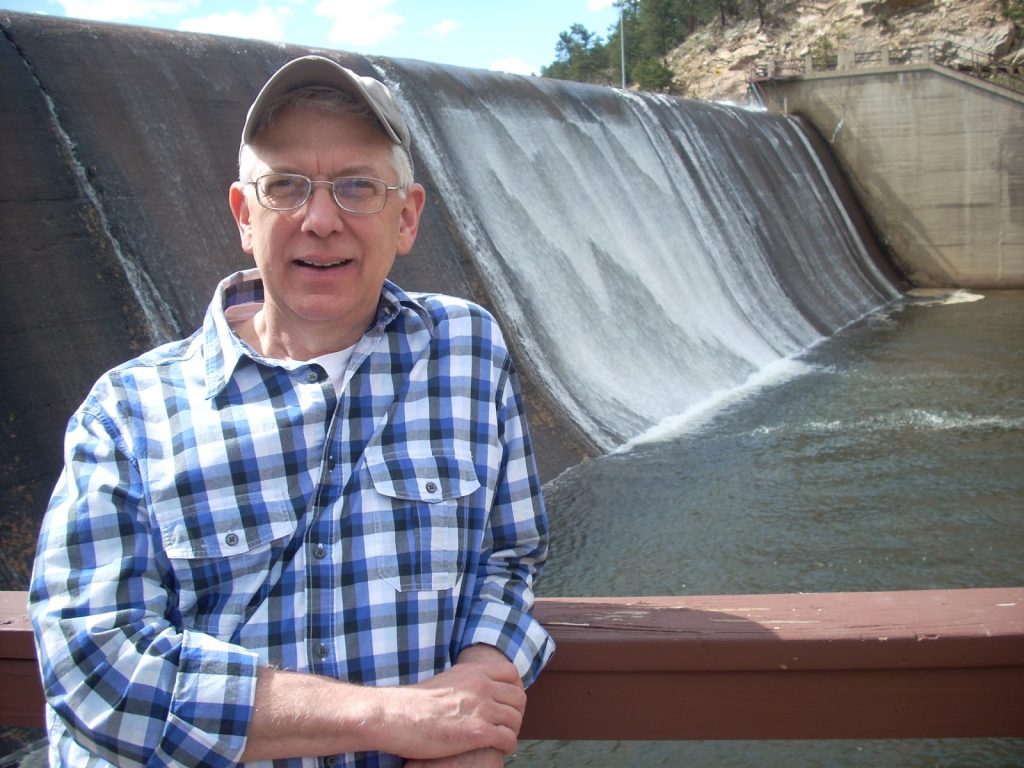Actually none of my exes live in Texas, are from Texas or to my knowledge ever had any significant connection to Texas. I have been there only once. That was an overnight stay in Dallas for teaching purposes on a new HIV drug called ddc. We were beginning a study with it at the AIDS clinic where I worked. I believe the year was 1990 or 1991. I seem to recall that this overnighter was in August and other than staying in a very plush hotel it was the throat grabbing heat and humidity that I remember best. The short trip from cab to inside the hotel made me think ‘so this is what hell is like.’
For those of you who have not seen the Dallas Buyers Club, currently playing at the Esquire Theatre one of the drugs they were trying hard to have access to early was ddc. AZT was all that was available early on and many thought it was poison. Ironically it was the high dosage of AZT that was the big problem and in the long run it proved less toxic than ddc. AZT is still in use today in combinations with other drugs and ddc nowhere to be found.
I believe the first buyers clubs were in New York City and on the west coast a direct offshoot of ACT-UP organizing and efforts. They did not originate in Texas.
I strongly recommend the movie which I feel is great validation for folks not sitting by quietly waiting to be saved (or not) but rather taking matters into our own hands and strongly and forcefully demanding change and action. This is something we queers are quite adept at when we put our minds to it. There has been some controversy in the gay press about the movie and after last night’s Golden Globe awards where the best actor and best supporting actor awards were won by the stars of the movie some minor bitching continues. I won’t get into the controversies here other than to say I think it is perhaps a bit “much ado about not much.” Everyone does agree the acting was superb.
In retrospect I do feel bad that I was attending a drug company teaching session on ddc in Dallas in the early 1990’s rather than spending my time visiting their buyer’s club. We of course had to be properly trained on the drug before we could be designated a study site for it. I never got to meet the infamous Ron Woodroof and the charismatic Rayon, the lead characters in the Dallas Buyers Club.
In the movie the main protagonist is a man named Ron Woodroof played by Matthew McConaughey. The other main character is a trans-women played in quite dramatic fashion by Jared Leto named Rayon. A strong subtext throughout the movie is the genuine bonds that developed between her and McConaughey a supposedly straight man. The Dallas Buyers Club itself as an entity doesn’t really take off until Rayon becomes involved and brings in many customers. It needed a bit more legitimate queer street cred, which Rayon brought to it, countering the McConaughey character and his early on really vicious, drug addled homophobia.
Buyer’s Clubs became a quite widespread phenomenon in the late 1980’s and were a force even locally here in Denver until the late 1990’s when protease inhibitors came on the scene. The flawed but immensely better new drugs that actually worked to keep the virus at bay tended to take the desperate energy out of the sails of the various PWA coalitions and the often loosely affiliated buyers clubs.
Locally there was a strong PWA coalition and a loosely associated buyer’s club. I was never involved directly with either though I did on occasion contribute educational pieces for their newsletter called Resolute, my most infamous piece being one titled “Its Chemotherapy Stupid.” I might read it here some day.
I do though recall that our buyer’s club was run in a bit more egalitarian fashion than the Dallas Buyers Club was. Less profit motivated for sure and really queer run here. I only accessed them once and that was the day before my partner David died at Rose Medical Center on September 17th, 1995. His AIDS was quite advanced by this time and David had just been home a few days from a rather lengthy and traumatic hospital stay. He adamantly did not want to return for another stay or to die there if at all possible.
The big issue was controlling pain. All we had at home were morphine tables and plenty of them but they didn’t seem to be working and were a sustained release version. I thought a quicker acting liquid form might be more helpful but it was late in the evening and accessing it through his doc at Rose problematic. So I picked up the phone and called one of my friends, a local buyer’s club member. Within less than an hour our doorbell rang. No one was at the door but there was a small paper bag on the stoop with two bottles of liquid morphine.
Unfortunately, that didn’t work either. So we gave in and went back to Rose for IV pain relief. That did help immensely but David died the next morning at 9 A.M.
I am reminded constantly how lucky I am to be alive today. I turned 65 yesterday. I know that makes me a youngster in this room but in the AIDS community I am an old man. I do think I owe a great debt of gratitude to all the AIDS activists of the 1980’s and 1990’s for speeding up the process of drug development and access to these drugs for people with AIDS. If not for a lot of loudmouthed and uppity queens, including many in Texas, I might very well not be here today.
About the Author
I was born in La Porte Indiana in 1949, raised on a farm and schooled by Holy Cross nuns. The bulk of my adult life, some 40 plus years, was spent in Denver, Colorado as a nurse, gardener and gay/AIDS activist. I have currently returned to Denver after an extended sabbatical in San Francisco, California.

